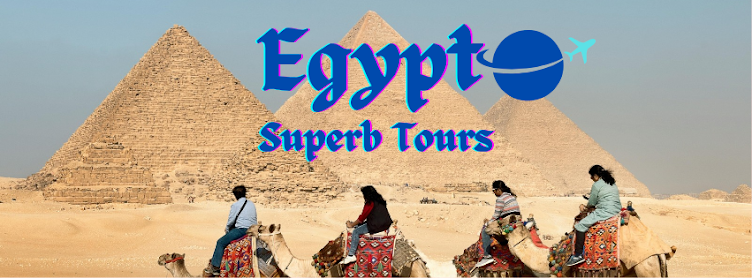Before You Go:
- Research: Egypt is rich in history and culture. Familiarize yourself with its customs, etiquette, and basic Arabic phrases to enhance your experience.
- Travel Insurance: Essential for any international trip. Ensure it covers medical emergencies, trip cancellations, and lost luggage.
- Visa Requirements: Check the visa requirements for your nationality. Many travelers can obtain a visa on arrival or apply online for an e-visa.
- Vaccinations: Confirm any necessary vaccinations with your healthcare provider, such as Hepatitis A and B, Typhoid, and possibly Malaria prophylaxis depending on your travel plans.
Packing Tips:
- Clothing: Dress modestly, particularly when visiting religious sites. Light, breathable clothing is ideal for the hot climate.
- Footwear: Comfortable walking shoes are a must, especially for exploring historical sites and deserts.
- Sun Protection: Bring sunscreen, a hat, and sunglasses to protect yourself from the intense sun.
- Adapters and Chargers: Egypt uses Type C and F electrical outlets. Ensure you have the right adapters and voltage converters if necessary.
Money Matters:
- Currency: The official currency is the Egyptian Pound (EGP). It's a good idea to have some local currency for small purchases and tips.
- ATMs and Credit Cards: Widely available in cities and tourist areas. Inform your bank of your travel plans to avoid issues with your cards.
- Bargaining: Haggling is common in markets and bazaars. Enjoy the experience, but be respectful and polite.
Transportation:
- Public Transport: Cairo has an efficient metro system. Taxis and ride-sharing apps like Uber are also widely used.
- Tour Guides: Hiring a local guide can greatly enhance your visit to historical sites, providing valuable context and insights.
- Independent Travel Agents: Using a local independent travel agent can be a fantastic way to save money while getting a more personalized travel experience.
Safety Tips:
- Stay Aware: Be mindful of your surroundings and keep your belongings secure, especially in crowded areas.
- Emergency Numbers: Keep a note of local emergency numbers and the address of your country’s embassy or consulate.
- Water Safety: Stick to bottled water and avoid ice cubes in drinks to prevent any stomach issues.
- Greetings: A handshake is a common greeting. Avoid using your left hand for gestures, eating, or handing things to others as it’s considered impolite.
- Respect Religious Practices: Be respectful in mosques and religious sites. Dress modestly and follow any specific guidelines provided.
- Tipping: Tipping is customary in Egypt. Small tips (baksheesh) are appreciated by service workers, such as hotel staff, drivers, and guides.
Health and Wellness:
- Stay Hydrated: The climate can be extremely hot, especially in the summer months. Drink plenty of water throughout the day.
- Food Safety: Enjoy the local cuisine but be cautious with street food. Opt for well-reviewed restaurants and avoid raw or undercooked food.
- Pharmacies: Pharmacies are widely available in cities. Carry a basic first aid kit and any personal medications you might need.
Tech and Connectivity:
- SIM Cards and Wi-Fi: Consider purchasing a local SIM card for affordable data plans. Many hotels and cafes offer free Wi-Fi.
- Offline Maps: Download maps and travel guides that can be used offline to navigate without internet access.
Must-See Attractions:
- Pyramids of Giza: A must-visit historical wonder. Consider visiting early in the morning to avoid crowds and the midday heat.
- Luxor and Aswan: Explore the Valley of the Kings, Karnak Temple, and the stunning temples of Abu Simbel.
- Cairo: Visit the Egyptian Museum, Khan El Khalili Bazaar, and the historic mosques in Islamic Cairo.
- Red Sea Resorts: Relax and enjoy water activities in Hurghada or Sharm El Sheikh.
